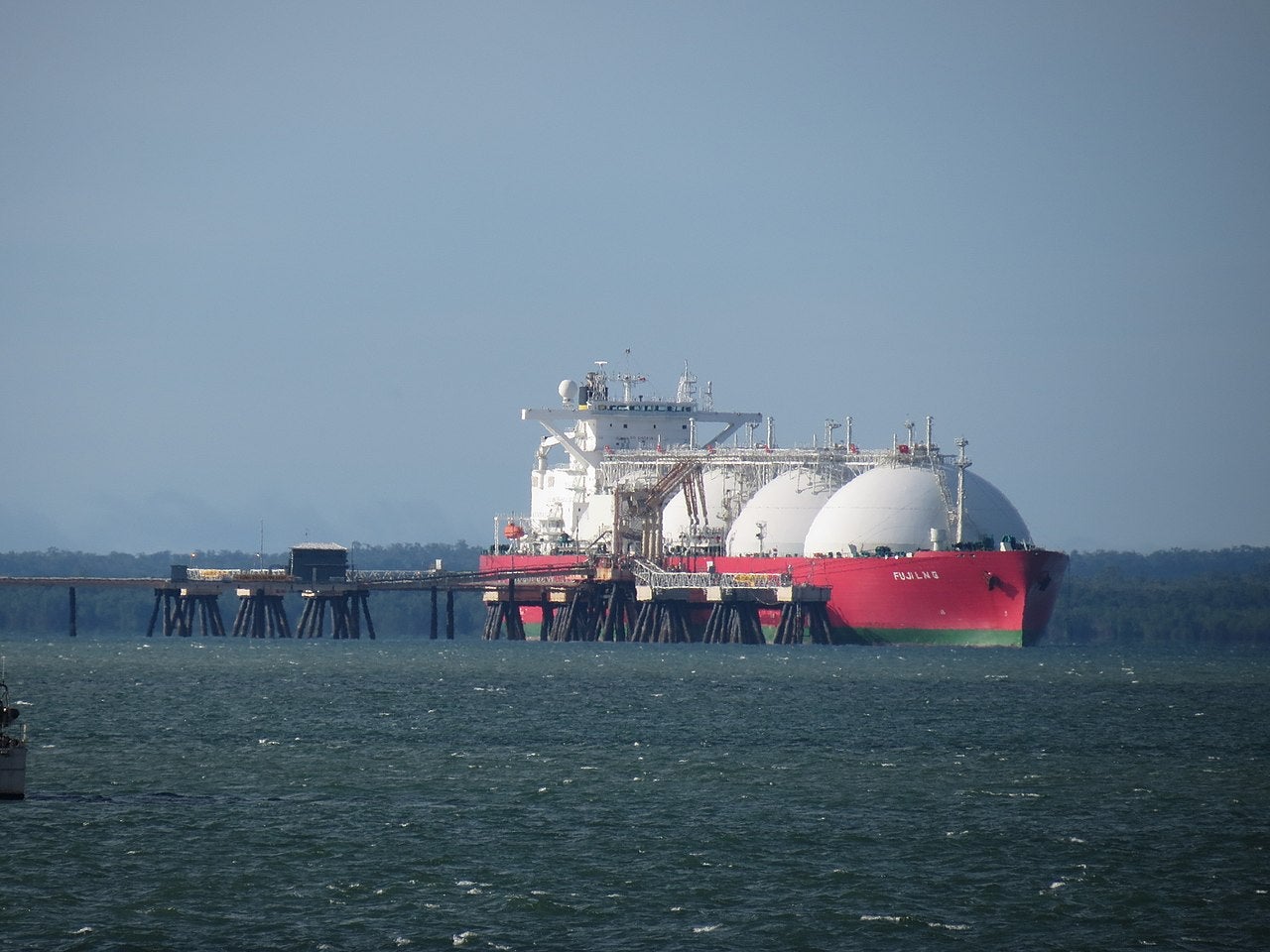
Japan’s Mitsui OSK Lines (MOL) has signed a time charter agreement with domestic trading firm Mitsui & Co for an LNG carrier.
The 174,000m³ vessel is expected to be delivered in 2024. It will primarily be used to supply LNG for Mitsui & Co projects across the world.
The vessel will be equipped with a MAN Energy Solutions engine to improve fuel efficiency.
Additionally, the Japanese firm said that the vessel will have more environment-friendly specifications compared to the current LNG carriers.
In a statement, MOL said: “MOL is prepared to address critical environmental issues in line with ‘MOL Group Environmental Vision 2.1’ (Note 2), with the aim of achieving greenhouse gas (GHG) net-zero emissions by 2050 through concerted group-wide efforts, and contribute to the realisation of a low and decarbonised society.”
Notably, the contract follows agreements for three newbuild LNG carriers signed between September 2014 and January 2015.
These three LNG carriers, named Marvel Eagle, Marvel Heron and Marvel Pelican, were delivered in October 2018, September 2019 and December 2019, respectively.
At the time of announcements, MOL said that the three vessels would be involved in transporting LNG from the Cameron project in the state of Louisiana, US.
MOL is one of the largest shipping companies in the world.
Last November, MOL signed a cooperation agreement with Japan Engine Corporation (J-ENG) and MOL Drybulk to conduct a trial of a hydrogen-driven engine using an in-service vessel.
The move was part of its efforts to reduce GHG emissions from maritime operations by promoting the use of green fuels.



